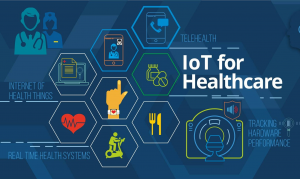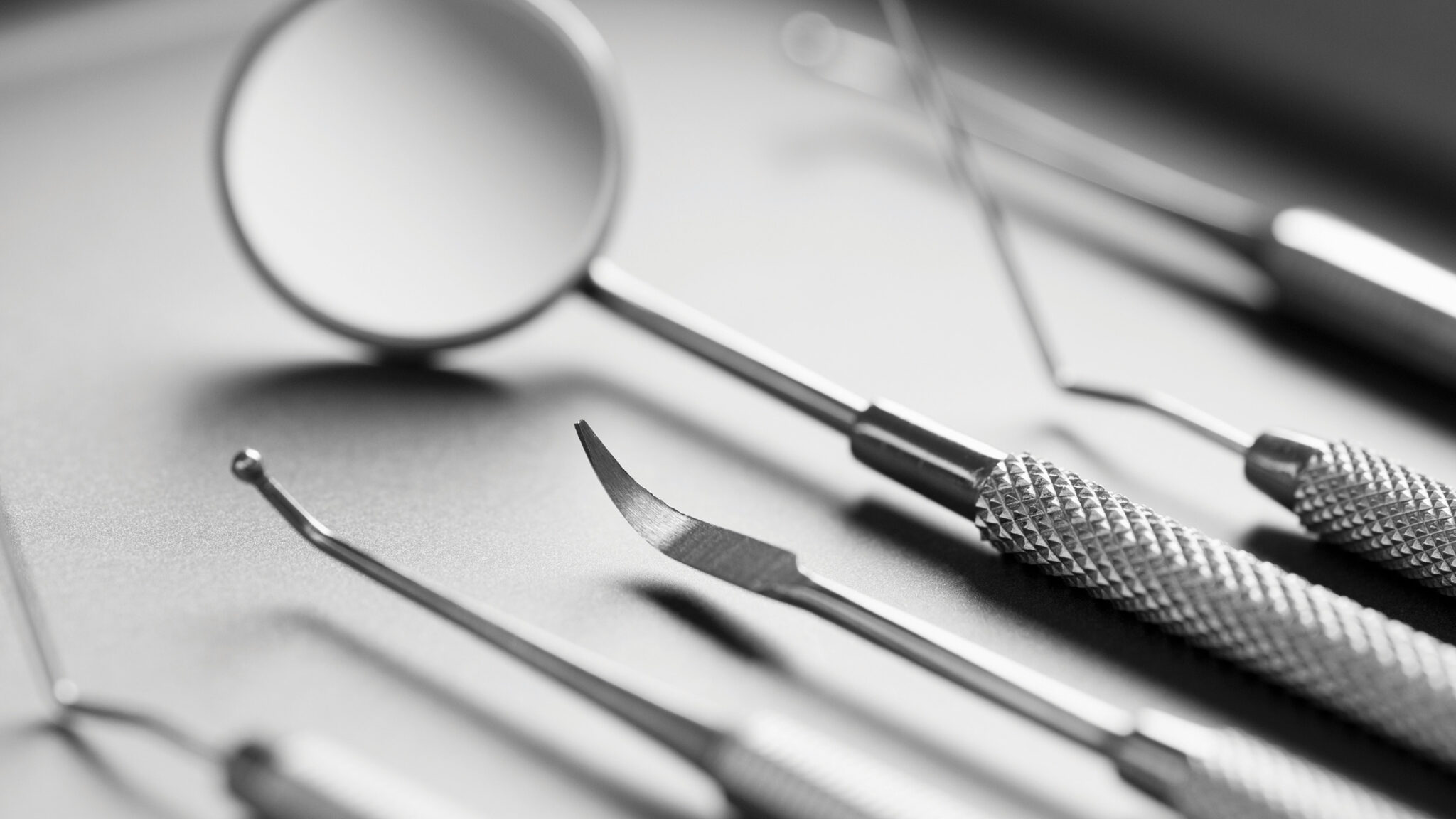
The Internet of Things (IoT) in healthcare refers to the use of connected devices, sensors, and other technologies to gather and exchange data in healthcare delivery. IoT in healthcare has the potential to revolutionize the way healthcare is delivered and improve patient outcomes by providing real-time data, facilitating remote monitoring, and enabling early disease detection and prevention. The use of IoT in healthcare has increased in recent years and has applications in areas such as telemedicine, remote patient monitoring, smart hospitals, and wearable devices for health tracking.
The future of IoT in healthcare is expected to be positive and transformative with increasing integration of IoT devices and technologies into the healthcare system. The use of IoT devices is expected to improve patient outcomes and reduce healthcare costs by improving the accuracy and efficiency of medical diagnoses and treatments. Additionally, the use of IoT in remote patient monitoring and telemedicine will provide greater access to healthcare services for patients in rural or underserved areas. IoT technologies are also expected to play a crucial role in the development of personalized medicine and predictive healthcare, where medical treatments are customized to an individual’s unique genetic, environmental, and lifestyle factors.
According to the report published by Allied Market Research, the Global Internet of Things in Healthcare Market Size is Anticipated to Garner USD 332.67 billion by 2027, registering a CAGR of 13.20%.
What are examples of IoT in healthcare?
IoT in healthcare refers to the use of connected devices, networks, and sensors in healthcare applications. Here are a few examples:
- Telemedicine: Providing remote health monitoring and consultation through connected devices and smartphones.
- Wearable medical devices: Devices such as fitness trackers and smartwatches can track health data and send it to healthcare providers for analysis.
- Smart Pill Bottles: IoT-enabled pill bottles can send reminders to patients to take their medication and also monitor their compliance.
- Medical Equipment Monitoring: IoT devices can be used to monitor medical equipment remotely, alerting maintenance personnel when maintenance is needed.
- Clinical Decision Support Systems: IoT devices can be used to gather and analyze patient data to provide real-time support for clinical decision-making.
- Remote Patient Monitoring: IoT devices can be used to monitor patients in remote locations, providing real-time health data to healthcare providers for analysis and treatment
Who benefits from IoT in healthcare?
The primary beneficiaries of IoT in healthcare include patients, healthcare providers, and healthcare organizations. Patients can benefit from improved access to care and improved quality of care, while healthcare providers can benefit from more efficient processes and improved patient outcomes. Healthcare organizations can benefit from cost savings, improved operational efficiency, and improved quality of care. Additionally, researchers and scientists can benefit from the vast amounts of data generated by IoT devices in healthcare, allowing for improved understanding of diseases and new treatments.
Top iot healthcare companies
- Philips Healthcare
- Cisco Systems Inc.
- GE Healthcare
- Medtronic Inc.
- Johnson & Johnson
- IBM Corporation
- Samsung Electronics Co., Ltd.
- Honeywell Life Care Solutions
- Qualcomm Life, Inc.
- AT&T Inc.
What are the Factors that Drive the IOT in Healthcare Market?
The growth of the IoT in the healthcare market is driven by various factors including:
- Increase in demand for remote patient monitoring
- Rising adoption of connected medical devices
- Growing need for real-time patient data access
- Increase in funding and investments in healthcare IoT
- Growing demand for improved patient outcomes and cost reduction
- Advancements in technology, such as artificial intelligence and machine learning
- Increase in the number of partnerships and collaborations between healthcare providers and technology companies.
Contact:
David Correa
USA/Canada (Toll-Free): +1-800-792-5285, +1-503-894-6022
Fax: +1(855)550-5975
help@alliedmarketresearch.com

